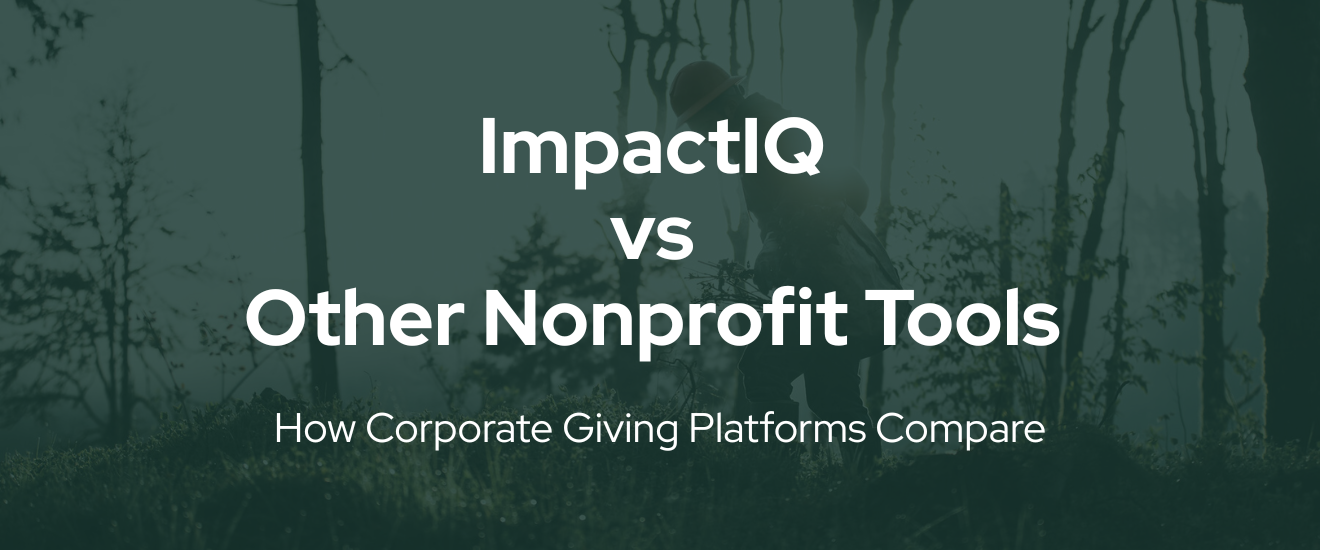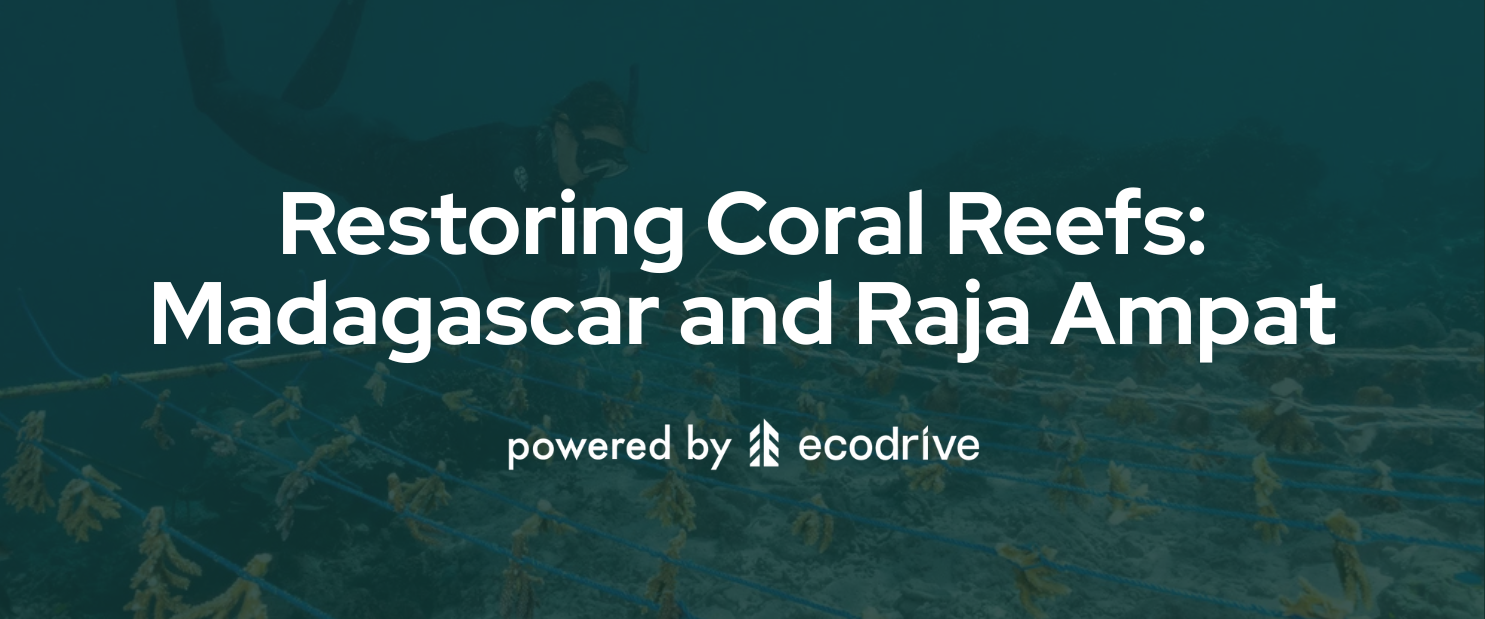Haiti Pollinator Agroforestry
Read more about our tree planting projects in Haiti
The Location
📍 Ouest and Nippes Departments, Haiti, North America
Haiti, located on the island of Hispaniola in the Caribbean, is a country known for its diverse geography, from mountainous terrains and coastal plains to lush valleys. The Ouest and Nippes Departments, located in the southern part of the country, are crucial regions for both agriculture and environmental conservation.
The Ouest Department encompasses the nation’s capital, Port-au-Prince, while Nippes is more rural, with abundant forests, rivers, and rich biodiversity.
Historically, Haiti has faced significant environmental challenges, including deforestation and soil erosion, due to over-reliance on wood for fuel and unsustainable agricultural practices.
Haiti’s people are resilient, with a culture deeply rooted in a rich history of independence, but they have also faced natural disasters that have further strained the country’s environmental resources.
The Problem
Haiti remains the poorest country in the Latin America and the Caribbean region and among the poorest countries in the world.
Haiti's agriculture system employs about two-thirds of the country's labor force but contributes only about a quarter of the GDP.
Women and girls are the backbone of Haitian society and local economy with nearly half of Haitian households being women-led and women forming the majority of street vendors and supporting agricultural supply chains. However, women and girls continue to be affected by severe inequality.
Haiti also has one of the highest rates of deforestation in the world. Agroforestry practices are a crucial component of Haiti's efforts to address its environmental vulnerabilities and build a more sustainable and resilient agricultural landscape.

The Solution
Using pollinator agroforestry, we are helping to identify, grow, and expand in-demand products that can be layered vertically on farms and in forests. The honey-optimized agroforestry model has been co-created in Haiti with partners, farmers, and honey producers, bringing an integrated, market-based approach to the project.
Our partner, Prosperity Catalyst has been working in Haiti since 2013, helping to launch a women-led candle cooperative called Fanm Limye (translated as “women Illuminated”). The Women Illuminated members are organized in 32 beekeeping groups in the West and Nippes Department of Haiti.
Partner - Prosperity Catalyst
Planting Window - July - August
Site Technology - Geospatial Data Layers via Veritree

What is Pollinator Agroforestry?
Pollinator agroforestry is a specialized form of agroforestry that focuses on cultivating trees, plants, and crops that attract and support pollinators such as bees, butterflies, and other insects.
This system integrates the benefits of agroforestry - like improved soil health and increased biodiversity - with the crucial role that pollinators play in ecosystem services.
Pollinator-friendly plants are planted alongside crops to create a diverse, multi-layered landscape that not only enhances food production but also promotes the health of local pollinator populations.
This method boosts agricultural productivity, as pollinators are essential for the pollination of many crops, leading to better yields. Additionally, pollinator agroforestry contributes to ecological restoration by increasing the diversity of flora and fauna, making it a key strategy for both environmental sustainability and agricultural resilience in regions like Haiti.

The Impact
An estimated 0.027 tonnes of CO2 will be sequestered per tree planted. That’s 270 tonnes of CO2 sequestered per 10,000 tree forest.
Specific species of tree to be planted include: Hog plum, Silk Cotton Tree, Coconut, Cashew, Mango, Sweetsop and soursop, Avocado, Cocoa, Sapotille, Lime, Grapefruit, Orange, Star fruit, Breadfruit, Lemon Grass, and Bamboo.
These trees have an estimated 75% survivability.
The pollinator agroforestry projects will also positively impact the region’s biodiversity, providing shelter, food, water, and space for species such as the Ruddy Duck, Brown Flower Bat, White-Throated Gecko.
For every 10,000 trees planted, 20 work days will be created for local communities, providing important new income streams, primarily for women.

How You Can Help
Supporting our Haiti Pollinator Agroforestry Project is simple.
Ecodrive enables you to seamlessly integrate sustainability into your business processes. Our technology allows you to tie everyday actions like sales, reviews, emails sent, meetings booked, and much more, to projects like pollinator tree planting in Haiti.
Meaning you’re doing good for the planet, and your business.
Easily plug-in to your existing Shopify, Amazon, or e-commerce store, and gain access to our marketing toolkits and verification portal to fully communicate your impact to consumers and stakeholders.
Learn more by booking an Ecodrive demo with a member of our success team.












